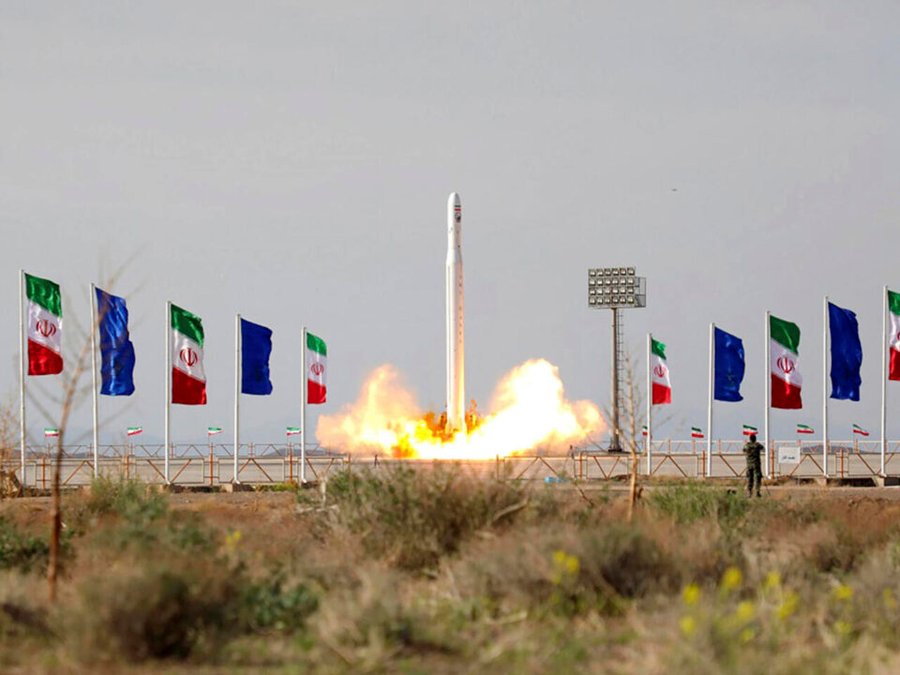On Sunday, January 28, Iran declared that three satellites had been successfully launched into orbit using a rocket that had previously experienced several failures. The West has criticized Iran’s program, which includes the satellite launch, because of worries that it may affect Tehran’s ability to launch ballistic missiles. This growth coincides with increased tensions in West Asia, especially in light of the conflict between Israel and Hamas. Iran hasn’t intervened directly in the fight, but in the wake of an Islamic State suicide bombing and moves by proxy organizations like the Houthi rebels in Yemen, domestic pressure has increased.
Simultaneously, Western nations express concerns over Iran’s expanding nuclear program, further fueling tensions in the region. The satellite launch signifies Iran’s technological advancements despite international scrutiny, adding complexity to the geopolitical landscape of West Asia.
Critics worry that Iran’s space program might be used to build nuclear-weapon-carrying intercontinental ballistic missiles, escalating worries about security and stability in the region. The events highlight the complex dynamics and precarious power relations in the volatile West Asian region.
Image Source: www.france24.com




